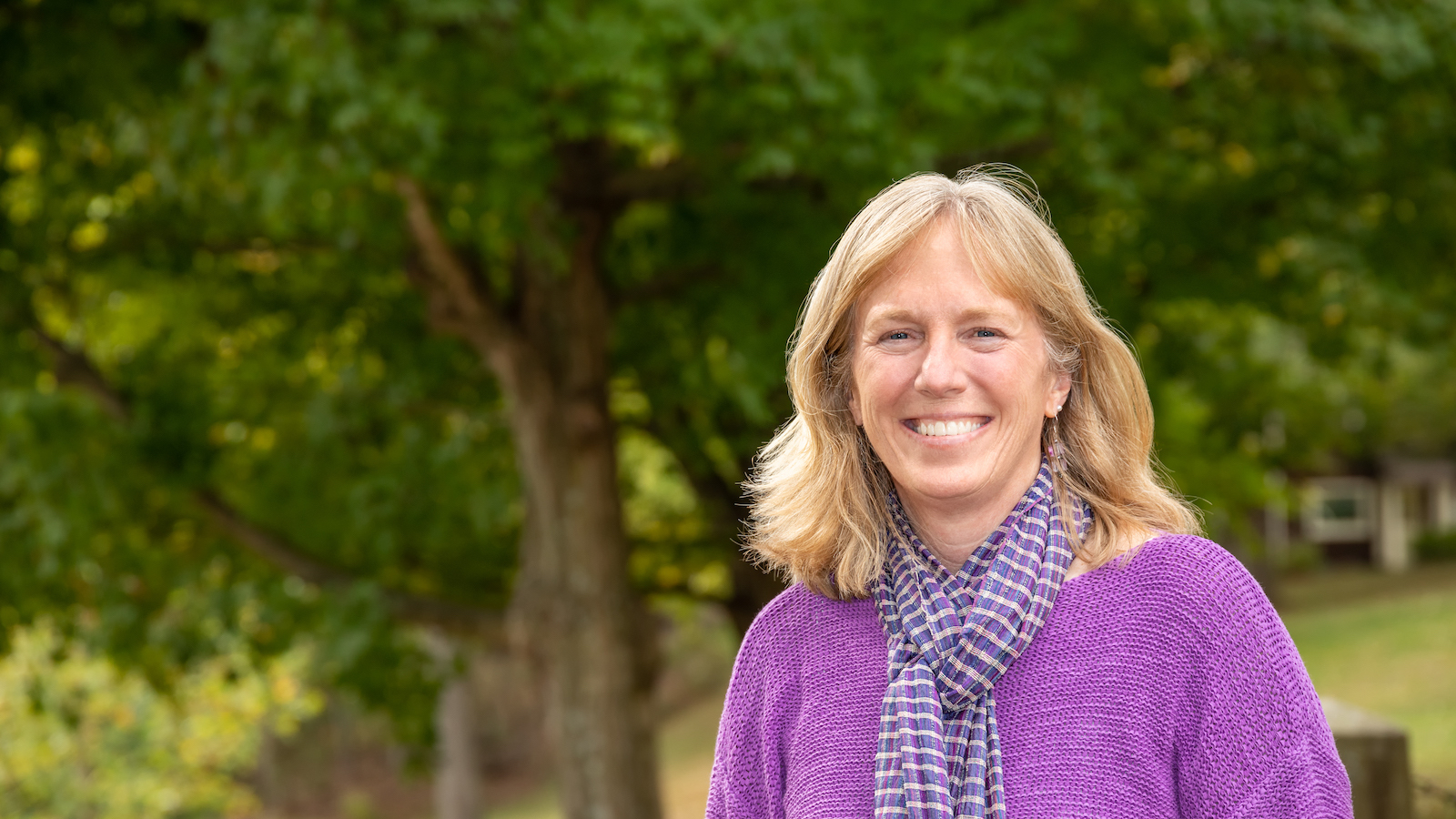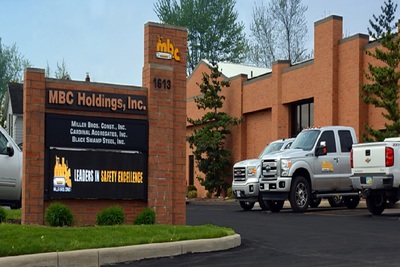The Philander Chase Conservancy is celebrating two decades of land conservation, and Managing Director Lisa Schott said this is just the beginning for the organization.
According to the conservancy’s website, Kenyon College is the only college or university in the country that has made its own land trust. In the 1980s the land around the college came under threat by both commercial and residential growth, and in response the college bought property across from the entrance. This nature reserve along the Kokosing River became the Brown Family Environmental Center in 1995, and the college formed the Philander Chase Conservancy five years later to continue helping protect the surround area.
“We have almost 5,700 acres in a 5-mile radius permanently conserved,” Schott said. “That’s the biggie right there. We also want to emphasize that we have nine linear miles of the Kokosing River that are permanently conserved. This helps in protecting the beauty of this scenic river.”
The 20th anniversary celebration, originally set for last year, was delayed because of COVID-19. This doesn’t negate the fact that the organization has done strong work over the years that Schott is proud of.
“Kenyon College started the land trust because it was important to them to conserve the rural area” Schott said. “They really value, for the college itself and the community, the beauty of this area.”
One thing that has happened in the area since the mid-1980s is the rapid development in and around Knox County. This has increased in recent years, and Schott said that a study by the Mid Ohio Planning Commission showed that by 2050, the city of Columbus will have a population of about 1 million people. Knox County is expected to grow about 15,000 people, she said. It is important to have a conservancy in times of growth like this, she said.
“Some of us who have lived around here a long time, we’ve seen how fast things have changed,” Schott said. “That was even before real developmental pressure, but that is coming.”
Schott said she has been proud to work with the landowners in the area. She explained that land owners will come to the conservancy and ask how to permanently conserve the land, and the conservancy helps with the process. She said this develops an agricultural easement where something can be preserved forever
“The exciting thing about a land trust is that they are permanent unless the government were to come in and change things,” Schott said. “When conserved, we can say what a farm looks like today will look the same in 250 years.”
Schott said next up for the conservancy is the approval process to be accredited with the Land Trust Alliance. She said this shows the community that they are adhering to best standards and practices for a land trust.
“We are feeling confident and expect to hear in March that we will be accredited,” Schott said.







